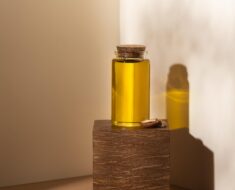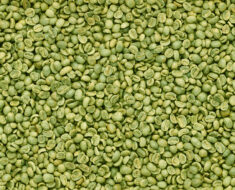Are you a coffee lover who can’t start the day without a steaming cup of black coffee? But wait, have you ever wondered if your favorite brew could be affecting your skin?
In this article, we’ll explore the question: “Is black coffee bad for your skin?”
Let’s get straight to the point. The answer is no, black coffee is not inherently bad for your skin. In fact, it can offer some surprising benefits. Studies have shown that the antioxidants present in coffee can help protect your skin against harmful free radicals, potentially reducing the risk of skin cancer and premature aging. However, like with any dietary factor, moderation is key. Excessive consumption of coffee may lead to dehydration, which can have negative effects on your skin’s overall health.
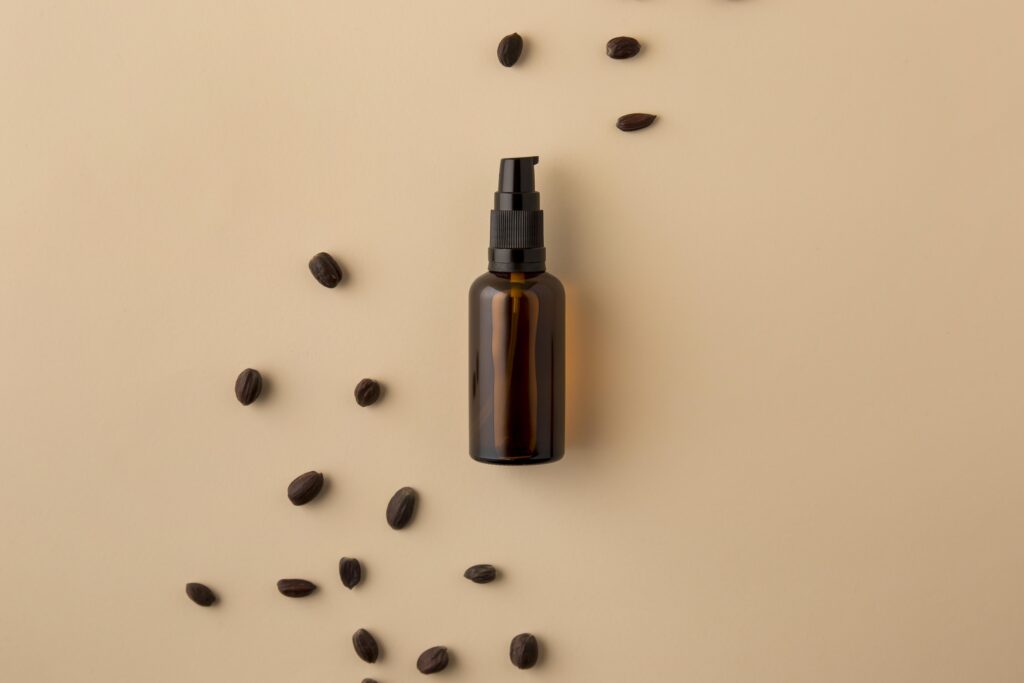
But these are just the tip of the coffee bean. In our comprehensive article, we’ll delve deeper into the topic, exploring various aspects of coffee’s impact on the skin.
From the potential benefits to the possible downsides, we’ll provide you with a balanced view and will answer “is black coffee bad for your skin”.
So, whether you’re a coffee enthusiast or simply curious about the effects of your morning ritual on your skin, this article is a must-read for you.
What is Black Coffee?
Black coffee is a popular beverage enjoyed by millions of people worldwide. It is a simple and straightforward drink made from coffee beans and water, without the addition of any milk or sweeteners.
Black coffee is characterized by its strong and robust flavor, derived from the natural oils and compounds in the coffee beans.
When coffee beans are harvested, they undergo a process of drying, roasting, and grinding. The roasted beans are then brewed with hot water to extract the flavors and aromas, resulting in a dark and rich beverage known as black coffee.
Let’s first take a closer look at the impact of caffeine on your skin before we explore the question is black coffee bad for your skin?
Why Caffeine May Not Be Great for Your Skin?
Caffeine, the natural stimulant found in coffee and various other beverages, has gained widespread popularity for its ability to provide an energy boost and increase alertness.
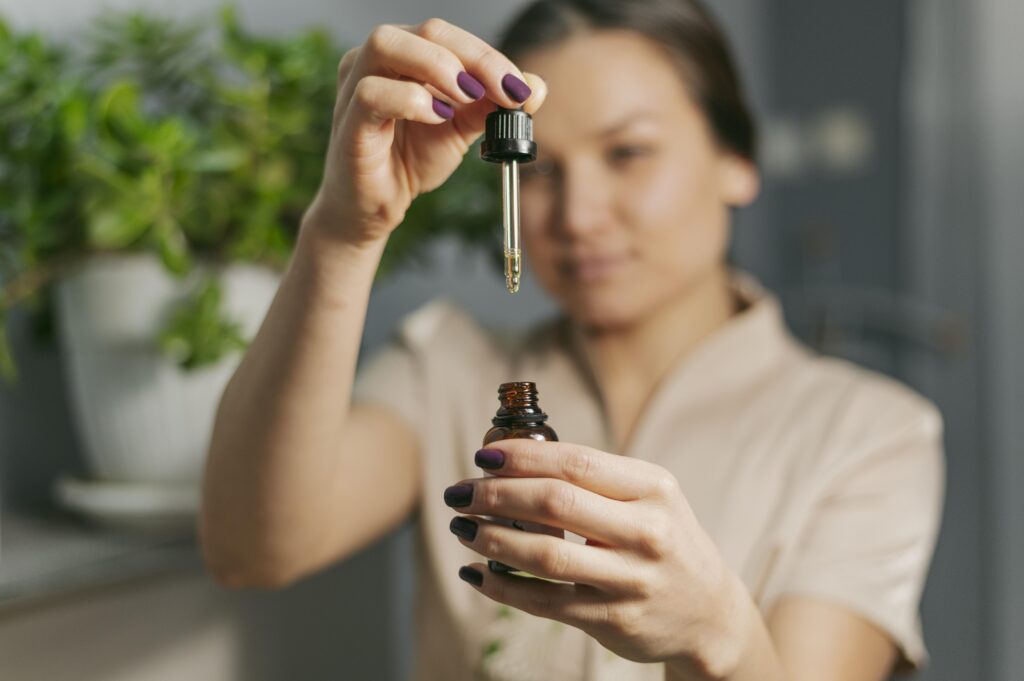
However, when it comes to its effects on the skin, there are a few reasons why caffeine may not be great for your skin.
Let’s explore them:
1. Dehydration:
Caffeine is known to have diuretic properties, which means it can increase urine production and potentially lead to dehydration.
When the body becomes dehydrated, it affects the skin’s moisture levels, making it appear dry, dull, and less supple. Adequate hydration is essential for maintaining healthy, glowing skin.
2. Skin Irritation:
For some individuals, caffeine can act as a skin irritant. It may cause redness, itching, or inflammation, particularly in those with sensitive skin.
If you notice any adverse reactions after consuming caffeinated beverages or using skincare products containing caffeine, it’s best to avoid them to prevent further skin irritation.
3. Disrupted Sleep Patterns:
Excessive caffeine consumption, especially close to bedtime, can disrupt sleep patterns. Lack of quality sleep not only affects overall health but also impacts the skin.
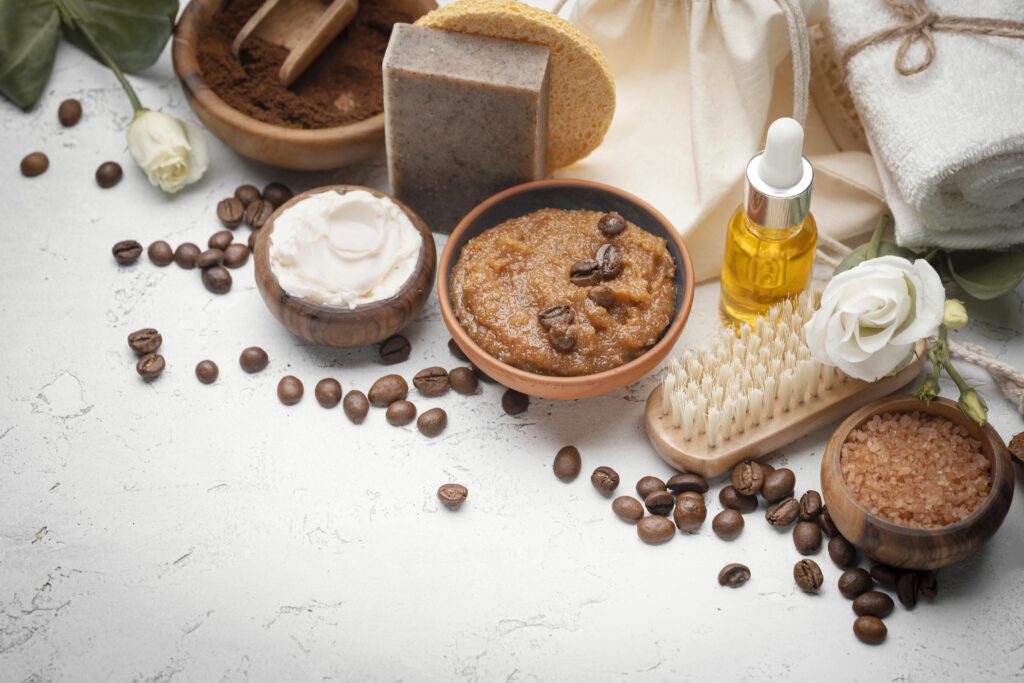
During sleep, the body repairs and rejuvenates the skin, promoting a youthful complexion. Disrupted sleep can lead to dull, tired-looking skin, puffy eyes, and an increased risk of premature aging.
4. Increased Cortisol Levels:
Consumption of caffeine stimulates the release of cortisol, commonly known as the stress hormone.
Elevated cortisol levels can contribute to skin issues such as acne breakouts, inflammation, and collagen breakdown, leading to the appearance of fine lines and wrinkles.
5. Potential Interference with Nutrient Absorption:
Caffeine consumption, particularly in excessive amounts, may interfere with the absorption of certain essential nutrients that contribute to skin health.
For instance, it can hinder vitamin C absorption, which is crucial for collagen synthesis and maintaining the skin’s elasticity.
While caffeine may have its drawbacks for skin health, it’s important to note that individual responses can vary. Some people may tolerate caffeine well and experience minimal negative effects on their skin. However, if you notice any adverse reactions or concerns, it may be beneficial to moderate your caffeine intake and observe how it affects your skin.
Now, let’s turn our attention to the pressing question: “Is coffee bad for your skin?” Here check out is deface coffee benefits for skin.
Is Black Coffee Bad for Your Skin?
Black coffee itself is not inherently bad for your skin. In fact, moderate consumption of black coffee can offer certain benefits due to its antioxidant properties.
However, excessive consumption of coffee or habits associated with coffee drinking, such as dehydration and disrupted sleep patterns, may have negative effects on your skin.
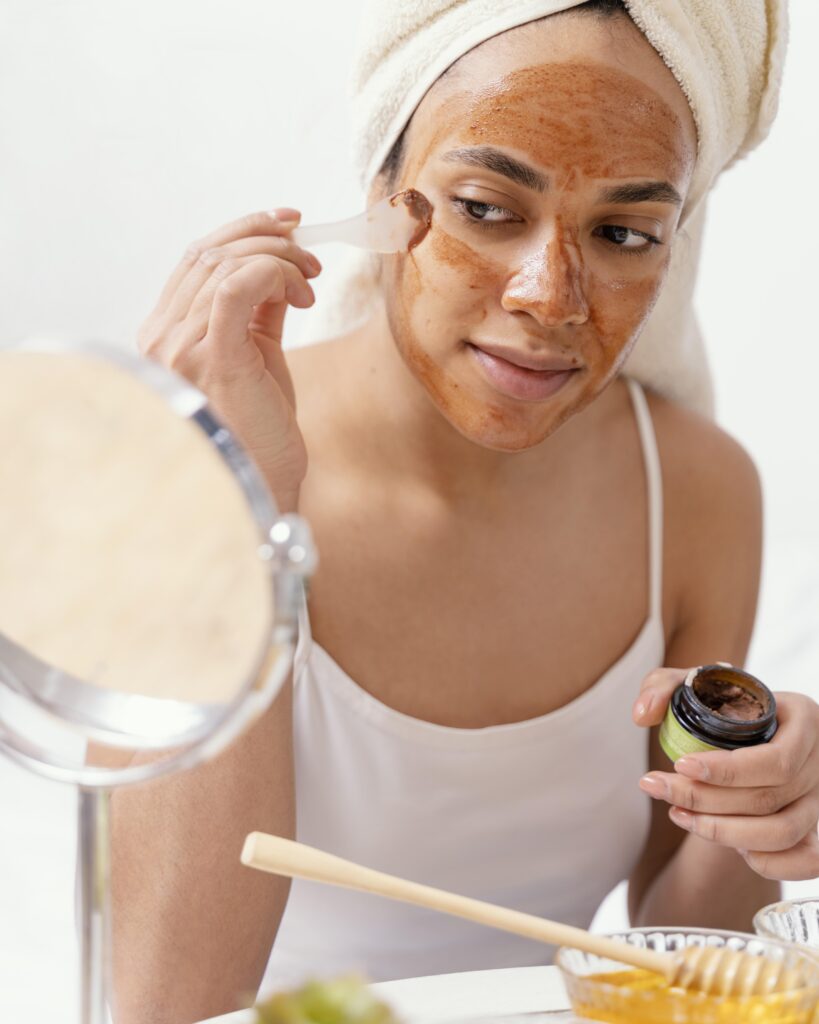
It’s important to maintain a balanced approach to coffee consumption and prioritize healthy habits to ensure overall skin health.
Benefits of Black Coffee for the Skin
When consumed in moderation, black coffee may offer some benefits for skin health.
Let’s explore a few potential advantages:
1. Protection against UV damage:
The antioxidants present in black coffee can help neutralize free radicals caused by sun exposure, potentially reducing the risk of UV-induced skin damage.
2. Anti-inflammatory properties:
Some studies suggest that black coffee’s anti-inflammatory properties may help alleviate skin conditions such as acne and rosacea.
3. Enhanced circulation:
The caffeine content in black coffee may improve blood circulation, which can contribute to a healthy complexion and a natural glow.
Does black coffee affect your skin?
When it comes to applying black coffee directly to the skin, there are mixed opinions on its effects. Here look up how to use coffee oil for skin?
Some people use coffee grounds or coffee-infused skincare products for exfoliation or as a temporary skin-tightening treatment. However, it’s important to note that the direct application of black coffee on the skin may have potential drawbacks:
Skin Sensitivity:
Coffee, especially when applied topically, can cause skin irritation or allergic reactions in some individuals. It’s advisable to patch test on a small area of skin before applying it extensively.
Staining and Discoloration:
Black coffee contains dark pigments that can potentially stain the skin, particularly if left on for extended periods or applied repeatedly. This can result in temporary discoloration or a slight tan-like effect.
Drying Effect:
Coffee has a natural drying effect on the skin. Applying it directly and leaving it on for a long time may lead to dryness, tightness, or discomfort, especially for individuals with already dry or sensitive skin.
If you’re considering using black coffee as part of your skincare routine, it’s important to proceed with caution and consider your skin’s individual response.
It’s recommended to consult with a dermatologist before incorporating any new skincare products or treatments to ensure they are suitable for your specific skin type and condition.
How To Prevent Cofffe From Damaging Your Skin?
To prevent coffee from potentially damaging your skin, there are several steps you can take to maintain skin health while still enjoying your coffee:
Moderate Consumption:
Limit your coffee intake to a moderate amount. Excessive consumption can lead to dehydration and other negative effects on the skin. Aim for 1-2 cups per day to avoid excessive caffeine intake.
Hydration is Key:
Balance your coffee consumption with adequate hydration. Drink plenty of water throughout the day to counteract the diuretic effects of coffee and keep your skin hydrated.
Protect Your Teeth:
To prevent staining, brush your teeth after consuming coffee or use a straw to minimize direct contact between the coffee and your teeth. Regular dental care can help maintain a bright smile.
Mindful Timing:
Be mindful of when you consume coffee. Avoid drinking it close to bedtime to ensure quality sleep, which is crucial for skin health. Opt for earlier hours in the day to minimize any potential sleep disruption.
Comprehensive Skincare Routine:
Establish a skincare routine that includes cleansing, moisturizing, and sun protection. Cleanse your face twice daily to remove any coffee residue or oils. Moisturize to keep your skin hydrated, and use sunscreen to protect against UV damage.
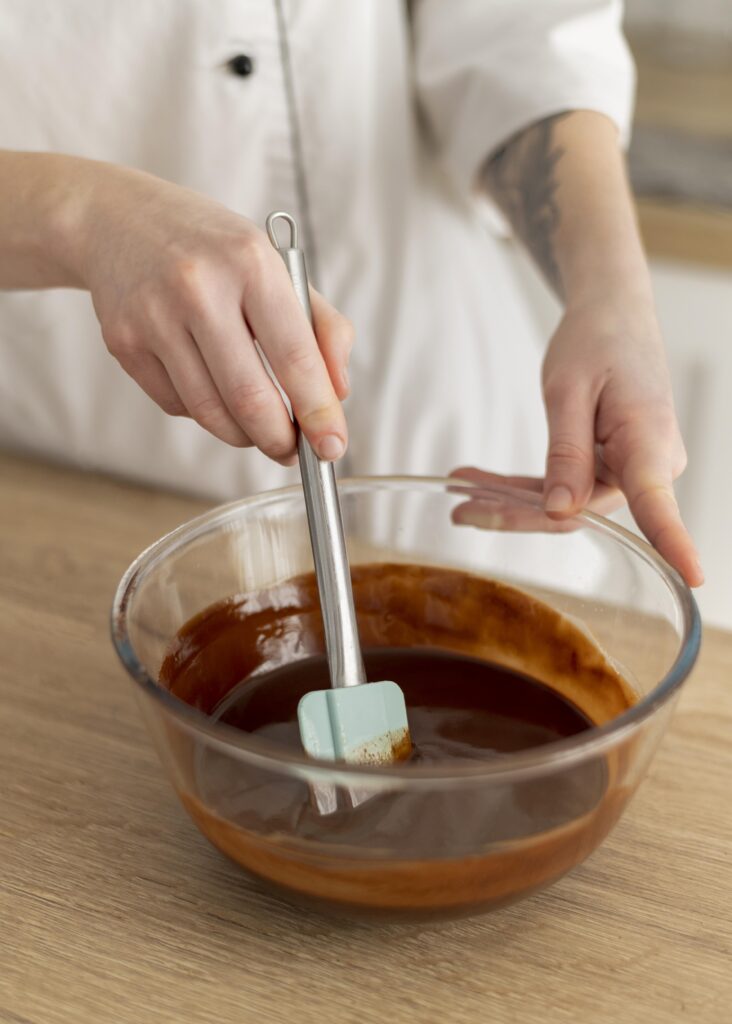
Observe Your Skin’s Response:
Pay attention to how your skin reacts to coffee. If you notice any adverse reactions or increased sensitivity, consider reducing your consumption or opting for alternative beverages.
Choose decaf coffee:
Another way to prevent coffee from potentially damaging your skin is to choose decaffeinated (decaf) coffee.
By opting for decaf, you can still savor the flavor and potential health benefits of coffee without the potential negative effects associated with high caffeine consumption.
By following these preventative measures, you can enjoy your coffee while minimizing any potential negative effects on your skin.
Frequently Asked Questions
Does black coffee make skin clear?
There is no direct evidence to suggest that black coffee alone can make the skin clear. However, black coffee does contain antioxidants that may have certain benefits for skin health.
Maintaining a balanced diet, staying hydrated, and following a proper skincare routine are more likely to contribute to clear skin.
Can drinking coffee affect your skin?
Drinking coffee, particularly in excess or with certain habits, can potentially affect your skin. Factors such as dehydration and disrupted sleep patterns due to caffeine consumption can have negative effects on the skin’s appearance and overall health.
Is black coffee good for face skin?
Black coffee, when used topically, can have temporary benefits for the skin, such as exfoliation and a slight tightening effect.
However, it’s important to note that individual responses may vary, and coffee’s effects on the face skin are not extensively studied. Patch testing and consulting a dermatologist are recommended before using black coffee directly on the face.
What does black coffee do to your face?
Applying black coffee to the face can have exfoliating effects due to the coarse texture of coffee grounds. It can help remove dead skin cells and temporarily tighten the skin.
However, it’s important to be cautious as it may also cause skin irritation or dryness in some individuals.
What are the disadvantages of black coffee?
While black coffee can have certain benefits, there are potential disadvantages to be aware of:
Dehydration: If consumed excessively, black coffee’s diuretic properties can contribute to dehydration.
Sleep disruption: Excessive caffeine consumption can disrupt sleep patterns, affecting the skin’s appearance and overall health.
Staining: Dark pigments in black coffee can potentially stain teeth and, to a lesser extent, the skin.
Potential skin irritation: Some individuals may experience skin irritation or allergic reactions when applying black coffee topically.
Conclusion
In conclusion, when consumed in moderation, black coffee is generally not considered bad for your skin. It may even offer some benefits due to its antioxidant properties.
However, excessive consumption or certain habits associated with coffee drinking, such as dehydration and disrupted sleep patterns, can have negative effects on your skin.
While individual responses may vary, maintaining a balanced approach and prioritizing overall skin health is key..
So, is black coffee good for your skin? The answer lies in finding the right balance and being mindful of your skin’s unique needs.


